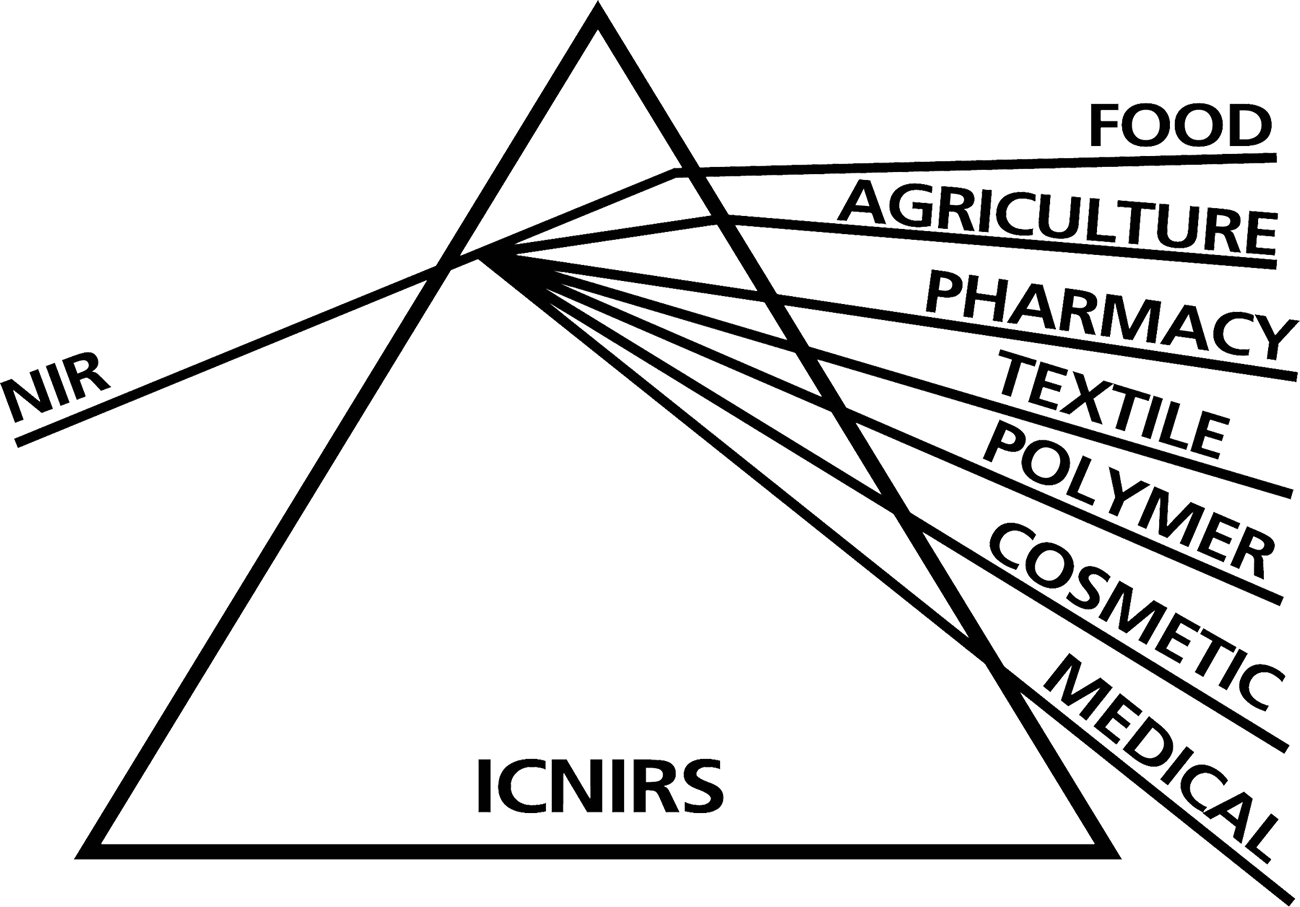This group is tasked with furthering the educational activities of ICNIRS. Its membership was last renewed in 2025.
Convenor: Prof. Dr. Tom Fearn, UK (2025-2033)

Tom Fearn is Emeritus Professor of Statistics at University College London, UK. Before joining UCL in 1989 he worked for the Flour Milling and Baking Research Association (FMBRA) at Chorleywood, where he first began to calibrate NIR instruments (a 6-filter InfraAlyser 2.5) in 1978. His interest in NIR and in chemometrics more generally has continued to the present. Since Statistics departments generally don’t have NIR instruments his research has involved many international collaborations, most notably an ongoing link with Lola Pérez Marín’s group at the University of Córdoba. As well as 140 or so papers his publications include joint authorship of the books Practical NIR Spectroscopy, with Osborne and Hindle, and A User Friendly Guide to Multivariate Calibration and Classification, with Næs, Isaksson and Davies. He is chemometrics editor of the Journal of Near Infrared Spectroscopy and wrote the Chemometric Space column in NIR News for 20 years. He received the Tomas Hirschfeld award for contributions to near infrared spectroscopy in 2001.
Email : t.fearn@ucl.ac.uk
Members (In alphabetical order) :
Floren Abdelghafour, INRAE (France) florent.abdelghafour@inrae.fr
Dr. José Manuel Amigo, Ikerbasque Foundation, University of the Basque Country (Spain) josemanuel.amigo@ehu.eus
Dr. Vincent Baeten, CRA-W (Belgium) v.baeten@cra.wallonie.be
Dr.Douglas Barbin, University of Campinas (Brazil) dfbarbin@unicamp.br
Prof. Dr. Daniel Cozzolino, University of Queensland (Australia) d.cozzolino@uq.edu.au
Dr. José Antonio Entrenas, Universidad de Córdoba (Spain) p82enlej@uco.es
Prof. Dr. Aoife Gowen, UCD (Ireland) aoife.gowen@ucd.ie
Dr. Silvia Grassi, University of Milan (Italy) silvia.grassi@unimi.it
Dr. Cristina Malegori, University of Genova (Italy) Cristina.Malegori@unige.it
Prof. Dr. Marena Manley, Stellenbosch University (South Africa) mman@sun.ac.za
Prof. Dr. Celio Pasquini, University of Campinas (Brazil) pasquini@iqm.unicamp.br
Prof. Dr. Lola Pérez-Marín, Universidad de Córdoba (Spain) dcperez@uco.es
Prof. Dr. Wouter Saeys, KULeuven (Belgium) wouter.saeys@kuleuven.be
Dr. Inagaki Tetsuya, Nagoya University (Japan) inatetsu@agr.nagoya-u.ac.jp
Prof. Dr. Kerry Walsh, University of Queensland (Australia) k.walsh@cqu.edu.au
Dr. Xueping Yang, China Agricultural University/Guizhou University (China) 1163844299@qq.com
Updated : 23 June 2025
